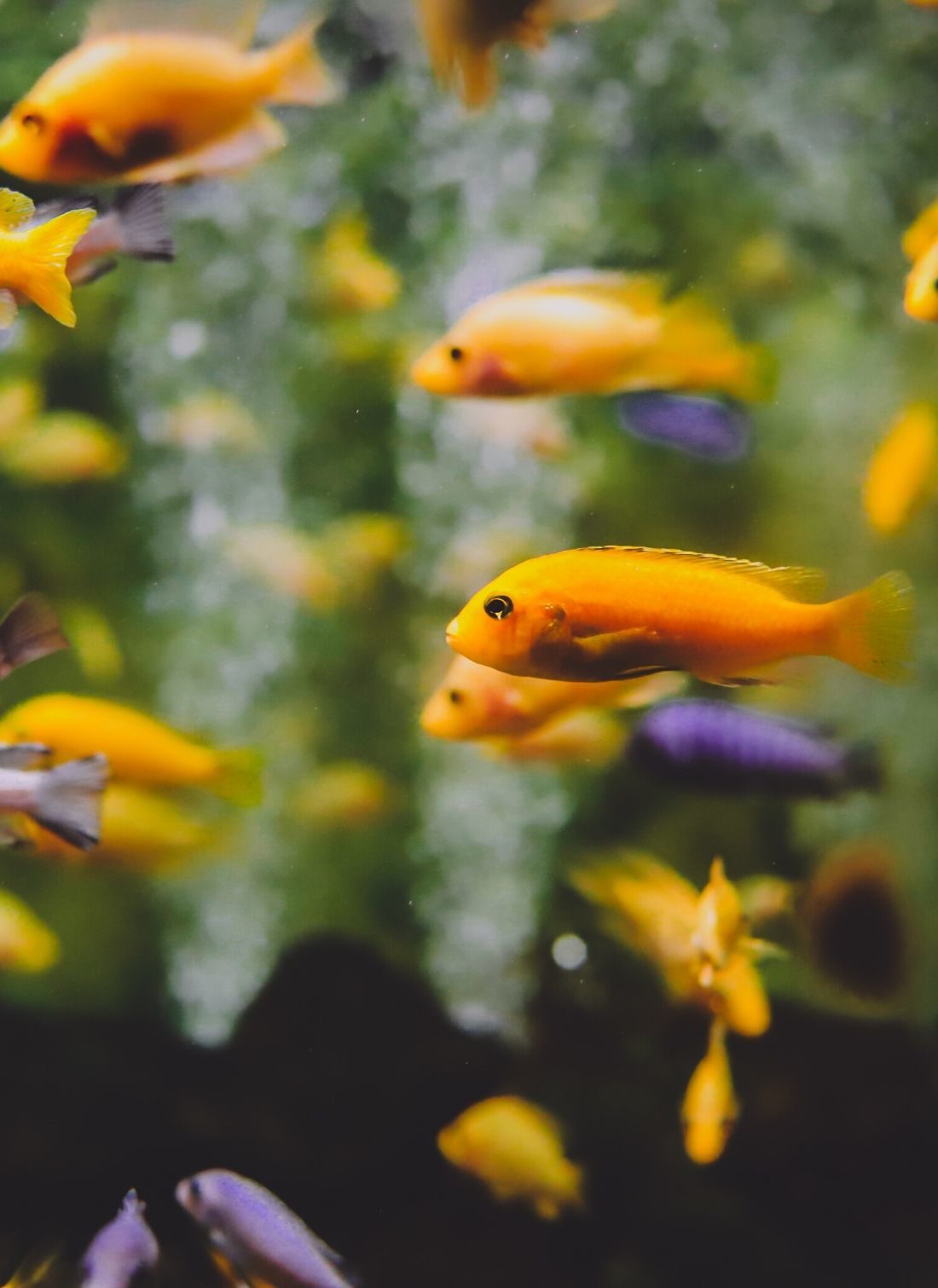Mycobacterium marinum, or the cause of aquarium disease
A pathogen that is transmitted from fish to humans
Today we are looking at a bacterium, Mycobacterium marinum, the pathogen responsible for aquarium disease. This bacterium is known to cause a form of tuberculosis in fish, and in some cases can be transmitted to humans, causing a varied clinical picture with consequences that can be serious enough to cause concern.
In infected fish, you may observe various symptoms, sometimes arriving very late. Some of the earliest signs are loss of appetite (with weight loss), and darkening of colours. Then other symptoms may occur, such as scoliosis (a deformed spine), frayed fins, disturbed balance or swelling of the abdomen. Tubercles appear internally, often affecting organs such as the liver or spleen.
This opportunistic pathogen affects fish in freshwater or saltwater aquariums where there is a lack of hygiene or inadequate maintenance. The stress this causes will facilitate the infection and spread of the bacteria to the point of causing this disease which is often fatal to the fish as no treatment is planned at this time.
This disease can be transmitted to humans from the aquarium, and manifests itself as one or more skin infections through even minimal lesions on the skin. This transmission from animals to humans, called zoonosis, is very rare, but it is better not to take unnecessary risks, in particular by wearing gloves when cleaning the aquarium and equipment, and by washing hands after each manipulation.
However, if you are infected, and you see sores on your skin that do not heal, talk to your doctor immediately and explain that you own an aquarium. In most cases, your doctor will recommend antibiotic therapy, which will result in rapid healing.
In order to limit the transmission of this type of pathogen as much as possible, Planktovie frequently analyses the water of its cultures (Rotifers, Daphnia, etc.). In addition, we offer the possibility to test a particular batch of culture before delivery of our plankton strains.

